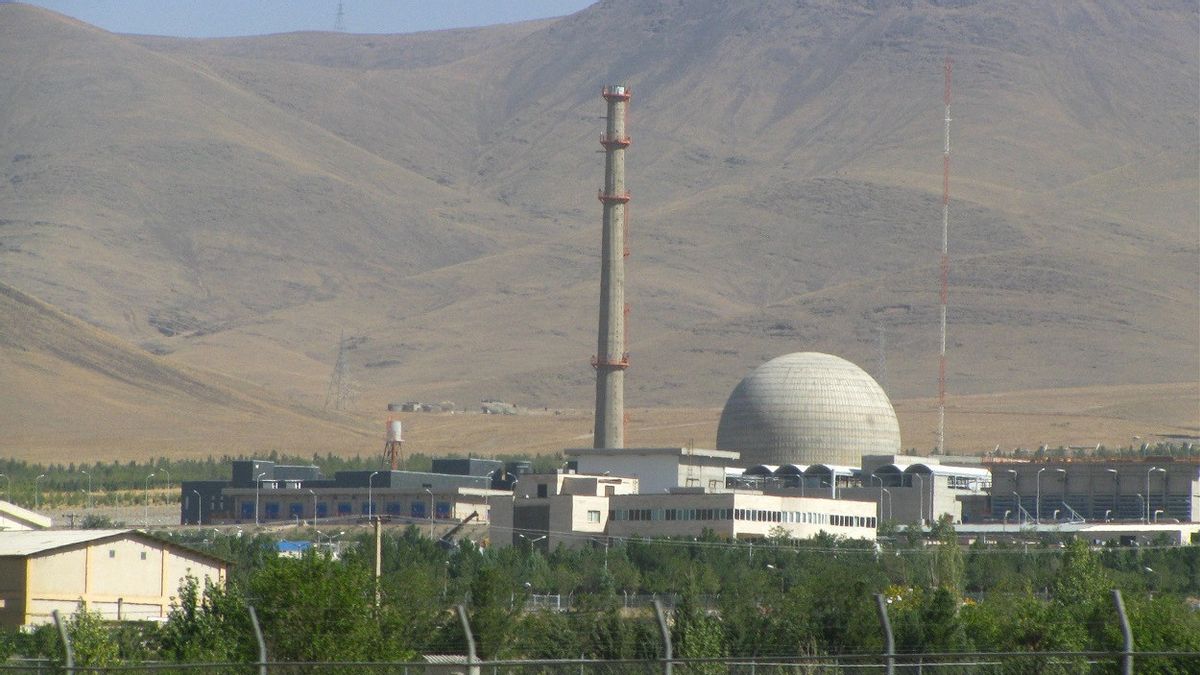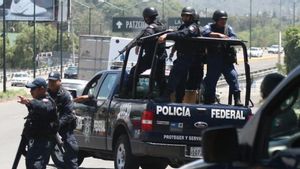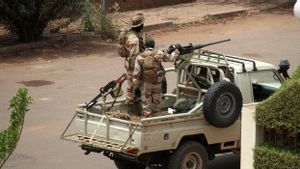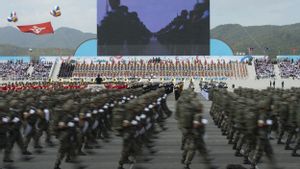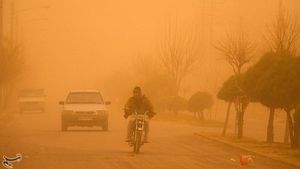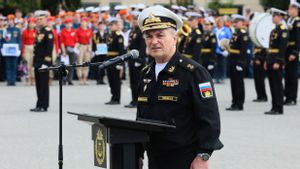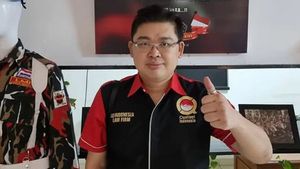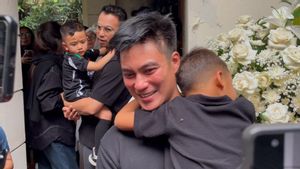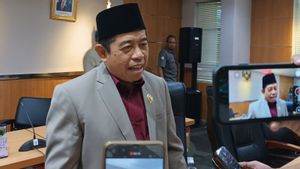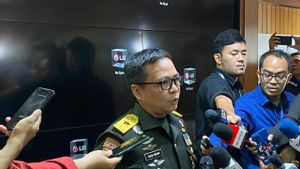JAKARTA - Iran will continue to develop its atomic energy industry in various fields despite sanctions, said Head of the Atomic Energy Organization of Iran (AEOI) Mohammad Eslami.
"The Islamic Republic of Iran is determined to increase the share of nuclear power in this country's energy mix to 20,000 megawatts of electricity by the end of 2040," he said as reported by TASS, September 26.
"Such projects have been underway for more than 50 years. Basic research, engineering design, and planning have been launched for some of them, while others are under construction," he continued.
"The IAEA has and will continue to obtain appropriate information," stressed Eslami at the Regular Session of the 67th General Conference of the International Atomic Energy Agency (IAEA) in Vienna, Austria which was held on September 25-29.
He further said that even though there were harsh sanctions imposed, Tehran would continue with its nuclear program to improve social welfare and the quality of life of its people.
"Despite harsh unilateral sanctions, the Islamic Republic of Iran, in order to improve the social welfare and quality of life of its people, is developing capabilities to design and build research reactors, to irradiation facilities, as well as produce and use radioisotopes in the fields of health, agriculture, environment and industry," said Eslami.
It is known that Tehran agreed to limit its nuclear activities in exchange for sanctions relief as part of the Joint Comprehensive Plan of Action (JCPOA) between Iran and global powers in 2015.
It collapsed when the United States under Donald Trump decided to withdraw from the agreement, resuming sanctions on Iran to which Tehran responded with increased uranium enrichment.
Attempts to revive the agreement have failed, with Britain, France, and Germany this month announcing they would extend sanctions on Iran that were due to expire in October under the original agreement.
Meanwhile, Rafael Grossi, who was re-elected as head of the IAEA for a second four-year term last Monday, said talks between the UN agency and Tehran had not achieved the progress he had hoped for.
SEE ALSO:
Grossi said he was ready to cooperate with Iran on matters related to the "postponement of de facto implementation" of the 2015 agreement.
According to him, the IAEA is still "actively involved" despite the breakdown of talks after he visited Tehran in March.
"Only full cooperation from Iran, and concrete results, will lead us to credible guarantees that Iran's nuclear program is for peaceful purposes only," Grossi said.
The English, Chinese, Japanese, Arabic, and French versions are automatically generated by the AI. So there may still be inaccuracies in translating, please always see Indonesian as our main language. (system supported by DigitalSiber.id)
